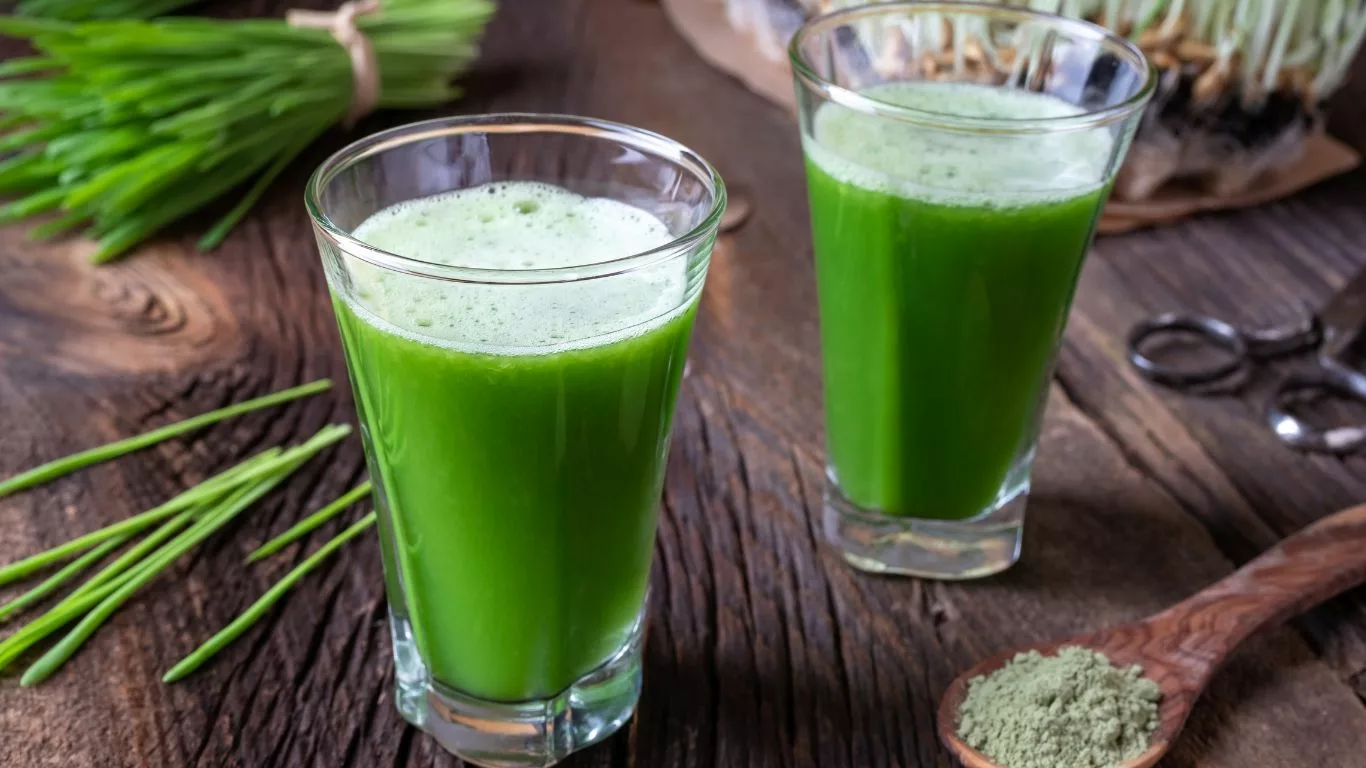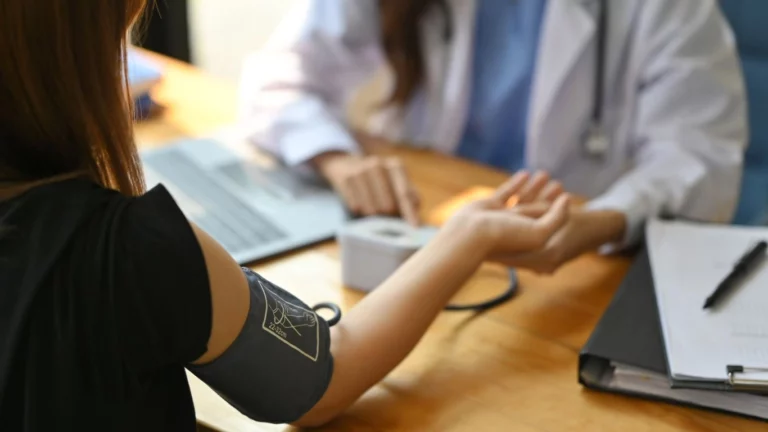GERD Management During Travel Tips: How to Stay Comfortable on the Go
Traveling with GERD (Gastroesophageal reflux disease) can be a challenge, especially when you’re out of your usual routine. But with the right approach, you can manage your symptoms and still have a great time. In this guide, we’ll share practical tips on how to stay comfortable while traveling with GERD. From food choices to smart packing, we’ve got you covered.
Let’s face it: no one wants their vacation, business trip, or family getaway ruined by heartburn or acid reflux. GERD is already a tough condition to manage on its own, but throw travel into the mix, and it can feel like a whole new level of challenge. But don’t worry, you don’t have to skip out on your trips just because of GERD. In fact, with a bit of planning and preparation, you can manage your symptoms and enjoy your travel adventures.

Why GERD Can Be a Problem When Traveling
If you’re dealing with GERD, traveling comes with a unique set of challenges. New foods, different time zones, and unfamiliar environments can all affect your digestion and trigger those pesky reflux symptoms. But there’s good news: it’s totally possible to travel without being a slave to your symptoms.
For many people, GERD is manageable with the right diet and lifestyle habits. However, when you’re away from home, you may not have access to your regular routine, favorite foods, or medications. Plus, travel stress and long hours spent sitting on planes, trains, or in cars can aggravate GERD symptoms. The key is to prepare ahead and plan your meals and activities so you can avoid triggers and stay comfortable.
Plan Your Meals Ahead of Time
One of the most significant things you can do when traveling with GERD is plan your meals. The temptation to indulge in rich or spicy foods is high when you’re exploring a new city or country, but it’s essential to keep your GERD in check by sticking to foods that are less likely to cause flare-ups.
Eat Small, Frequent Meals
Rather than having large meals that might overwhelm your digestive system, opt for smaller, more frequent meals throughout the day. This can help prevent your stomach from becoming too full, which is a major trigger for acid reflux. When you’re traveling, it can be tempting to save up your appetite for a big meal at dinner, but eating smaller meals will help avoid the discomfort that comes with overfilling your stomach.
Stick to GERD-Friendly Foods
While traveling, try to focus on GERD-friendly foods like lean proteins (chicken, turkey, fish), veggies, and whole grains. Avoid foods that are known reflux triggers, like spicy dishes, fried foods, citrus fruits, chocolate, and mint. Don’t be afraid to ask the restaurant staff for adjustments to your order if needed. Most places are happy to accommodate dietary restrictions.

Manage Stress and Relax
Stress is a big GERD trigger, and let’s be real—travel can sometimes be stressful. Whether it’s catching a flight, dealing with unfamiliar places, or worrying about making it to your next appointment on time, all that stress can take a toll on your body. To help manage GERD symptoms, try to find ways to relax during your travels.
Practice Deep Breathing or Meditation
If you’re feeling anxious or stressed, take a few minutes to practice deep breathing or mindfulness exercises. This can help calm your body and mind, making it easier to manage any reflux symptoms. You can do this while waiting in line at the airport or even while sitting on a long train ride.
Take Breaks to Relax
Take time to sit back and relax when you can. Whether it’s spending time at a park or just taking a moment in your hotel room, downtime is essential for keeping stress levels under control. This will also help you avoid overeating or rushing meals, which are common GERD triggers.
Pack GERD-Friendly Snacks and Medications
When you’re on the go, it’s important to have snacks that won’t upset your stomach. Packing your own GERD-friendly snacks ensures you always have something safe to eat when hunger strikes, especially if you’re traveling to places where food options may be limited.
Snack Wisely
Pack foods like almonds, oatmeal, or low-fat granola bars. These are gentle on your stomach and can help prevent the hunger pangs that often lead to overindulgence in GERD-triggering foods. Plus, they’re easy to carry and can be a lifesaver when you’re in a pinch.
Don’t Forget Your Medications
Make sure to bring your prescribed medications (like antacids or proton pump inhibitors) and keep them easily accessible. If you take medication regularly for GERD, don’t skip doses just because you’re away from home. Also, having a small bottle of water handy to swallow any medications is always a good idea.

Stay Hydrated and Avoid Carbonated Drinks
When you’re traveling, it’s essential to stay hydrated, but be cautious about the types of beverages you choose. While it’s tempting to sip on soda or other fizzy drinks, carbonation can worsen GERD symptoms by increasing pressure in the stomach. Opt for water or herbal teas to keep your stomach settled and your body hydrated.
If you’re traveling to a place with hot weather, keep a reusable water bottle with you at all times. Staying hydrated not only keeps GERD at bay but also helps you avoid dehydration, which can worsen symptoms.
Know When to Take a Break
Travel can be exhausting, and when you’re dealing with GERD, too much physical activity can lead to flare-ups. If you’re walking around a new city or sightseeing all day, don’t hesitate to take breaks and rest. This can give your body time to relax and prevent reflux from kicking in.
Conclusion
Traveling with GERD doesn’t have to be a nightmare. With a little preparation, you can still enjoy your trips without worrying about your symptoms. By planning meals, staying hydrated, managing stress, and packing the right snacks and medications, you’ll be able to explore new places with confidence. The most important thing is to listen to your body and make adjustments when necessary to stay comfortable.
Appendices
10 FAQs About GERD Management During Travel
- What are the best snacks for GERD while traveling? Almonds, oatmeal, and whole grain crackers are great options.
- Can stress make GERD worse when traveling? Yes, stress is a significant trigger for GERD symptoms, so it’s essential to find ways to relax.
- What should I drink to stay hydrated while avoiding GERD triggers? Water, herbal teas, and non-caffeinated beverages are ideal for GERD management.
- How can I handle GERD flare-ups while traveling? If symptoms arise, try taking your medications and resting until you feel better.
- Are there any foods I should avoid when traveling? Avoid spicy foods, citrus, fried foods, and carbonated drinks.
- Can I still enjoy meals at restaurants while managing GERD? Yes, but ask for modifications like grilling instead of frying or opting for plain dishes.
- Is it okay to take my GERD medication while traveling? Absolutely! Always take your medications as prescribed to manage symptoms.
- How can I manage GERD on long flights? Drink plenty of water, avoid heavy meals, and try not to lie flat after eating.
- Can I travel with GERD and still enjoy local food? Yes, just choose dishes that are less likely to trigger your symptoms.
- How do I handle GERD during road trips? Pack your own GERD-friendly snacks, and take breaks to stretch and relax during the journey.
References
For more information on managing GERD during travel, check out the following resources:
- National Institute of Diabetes and Digestive and Kidney Diseases (NIDDK). (2024). GERD: Symptoms and Causes. Read Article
- American College of Gastroenterology. (2024). GERD: Managing Symptoms. Read Article
- American Gastroenterological Association. (2024). Traveling with GERD: Tips for Managing Your Symptoms. Read Article
Disclaimer
Disclaimer: The information provided in this article is for educational purposes only and does not substitute for professional medical advice. Always consult with your healthcare provider before making any changes to your treatment plan, especially while traveling.

Dr. Gwenna Aazee is a board-certified Internal Medicine Physician with a special focus on hypertension management, chronic disease prevention, and patient education. With years of experience in both clinical practice and medical writing, she’s passionate about turning evidence-based medicine into accessible, actionable advice. Through her work at Healthusias.com, Dr. Aazee empowers readers to take charge of their health with confidence and clarity. Off the clock, she enjoys deep dives into nutrition research, long walks with her rescue pup, and simplifying medical jargon one article at a time.







